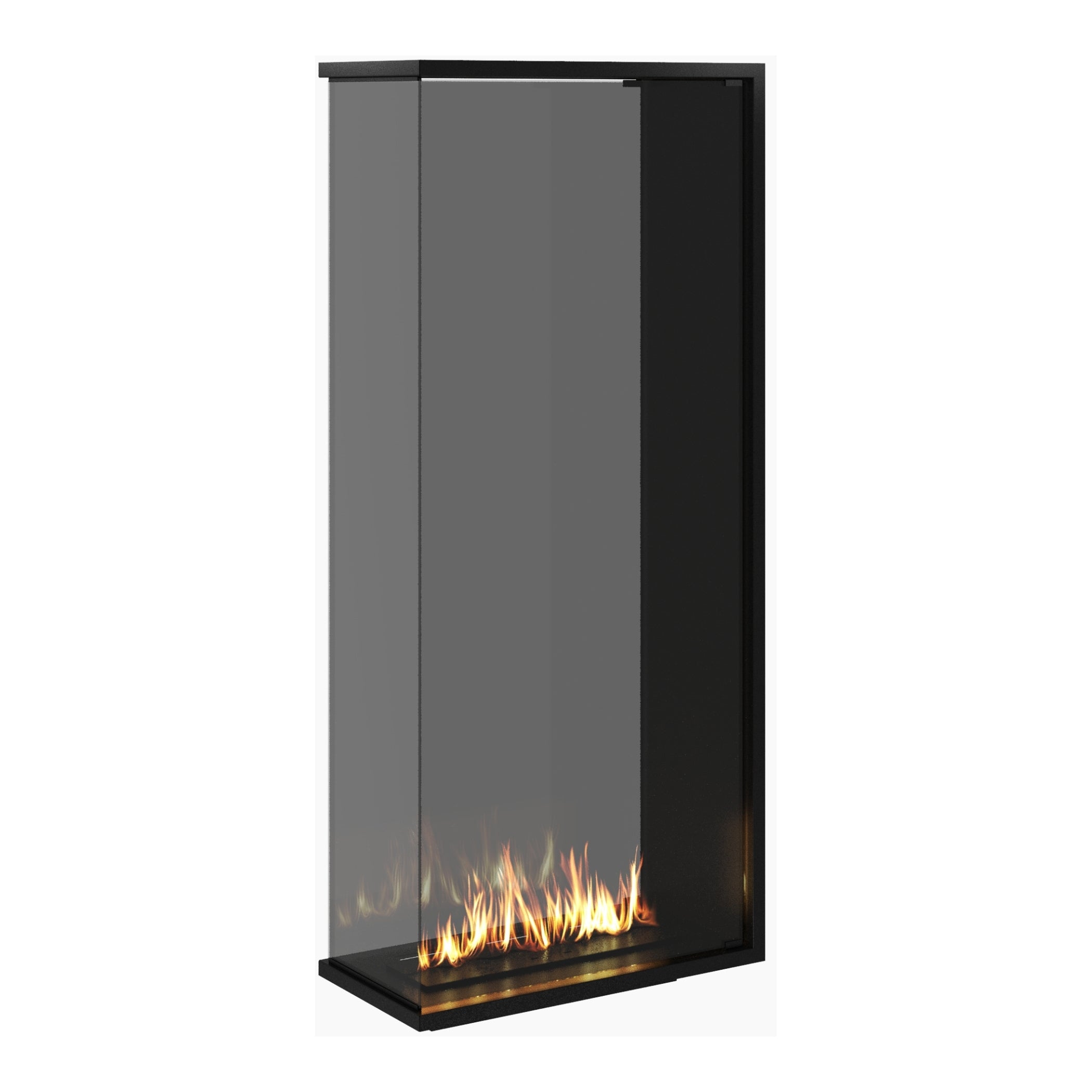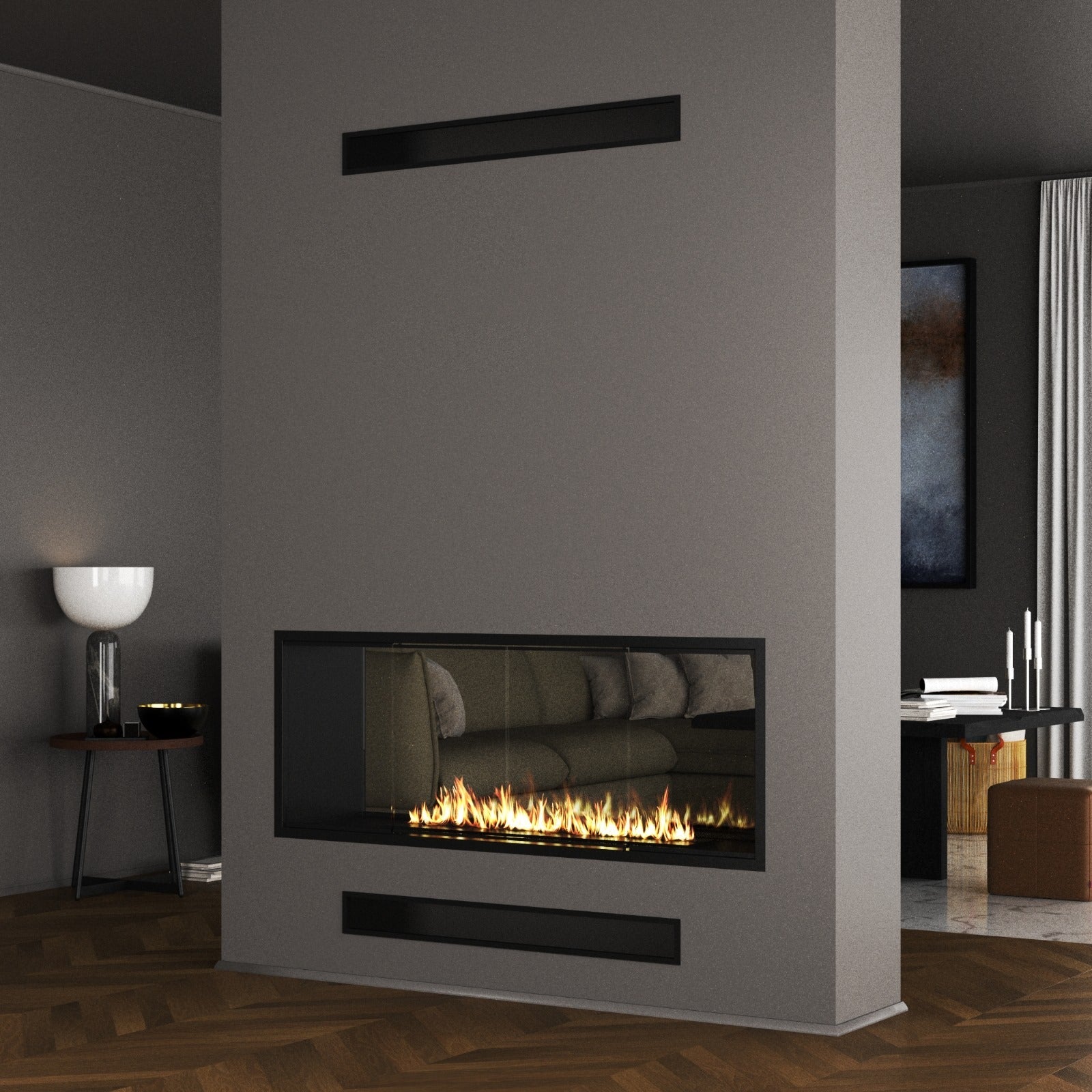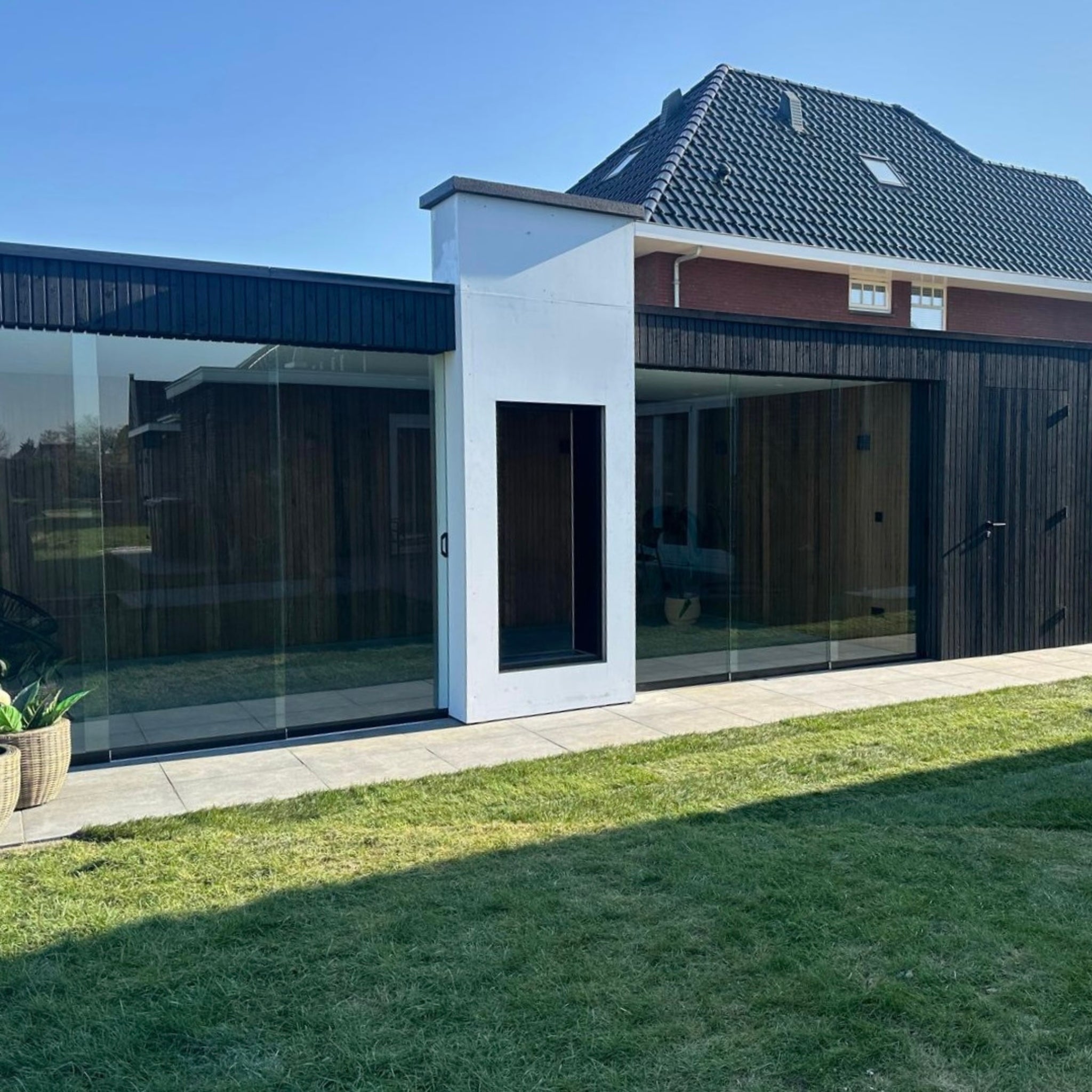Sustainable fireplaces: the rise of bio-ethanol fireplaces
Global warming and growing concerns about the environmental impact of traditional heating technologies, such as gas and wood stoves, have led to increasing interest in sustainable alternatives. One of these alternatives is the bio-ethanol fireplace.
Bio-ethanol fireplaces are fireplaces that run on bio-ethanol, a fuel made from fermented sugar beets or corn. Unlike traditional fireplaces, bioethanol fireplaces do not produce soot or harmful emissions, making them a much more environmentally friendly choice. Bioethanol fireplaces are also easy to install and maintain, and do not require a special natural gas or wood stove connection.
One of the biggest advantages of bioethanol fireplaces is their flexibility. Bioethanol fireplaces are available in a variety of styles and sizes, from a simple tabletop fireplace to a large wall-mounted fireplace. This makes it possible to install a bioethanol fireplace in almost any room in your home, from a small living room to a large kitchen. In addition, bioethanol fireplaces can be easily moved to another location, for example from the living room to the bedroom, making them an extremely versatile heating technology.
Another major advantage of bioethanol fireplaces is their cost-effectiveness. Bioethanol is a much cheaper fuel than gas or wood, and bioethanol fireplaces are often much cheaper to install than traditional fireplaces. Furthermore, because bioethanol fireplaces do not require exhaust or ventilation, there are no additional costs for the installation or maintenance of these systems.
The use of bio-ethanol fireplaces can also contribute to creating a healthy and comfortable living atmosphere. Bioethanol fireplaces produce no harmful substances or odors and no soot, making them a safe and healthy heating technology for people with asthma or allergies. Furthermore, unlike wood stoves, bioethanol fireplaces do not have sparks or heat that can lead to a fire.
Finally, bioethanol fireplaces are a sustainable choice because bioethanol is a renewable fuel. Unlike gas or wood, which will run out one day, bioethanol can be recreated from plant materials such as sugar beets and corn. This makes bioethanol a much more sustainable choice for heating compared to non-renewable fuels. Moreover, since bioethanol fireplaces do not produce harmful emissions, they also contribute to reducing the environmental impact.
In conclusion, bioethanol fireplaces are a promising sustainable alternative to traditional heating technologies. With their flexibility, cost-effectiveness, health and sustainability, bioethanol fireplaces are a smart choice for homeowners looking for an environmentally friendly home heating solution.










